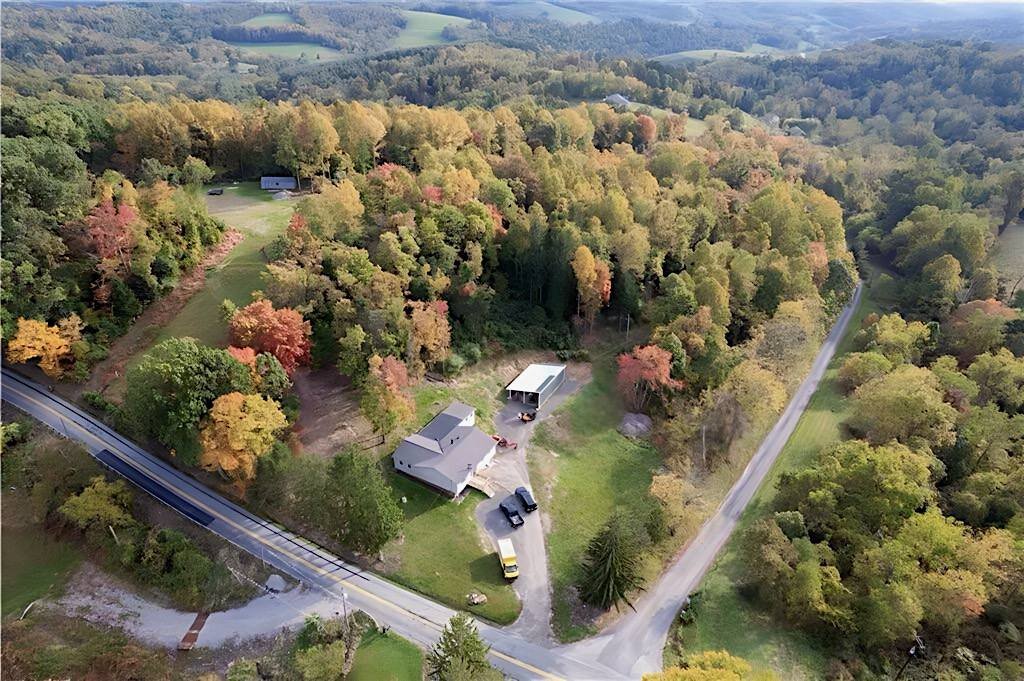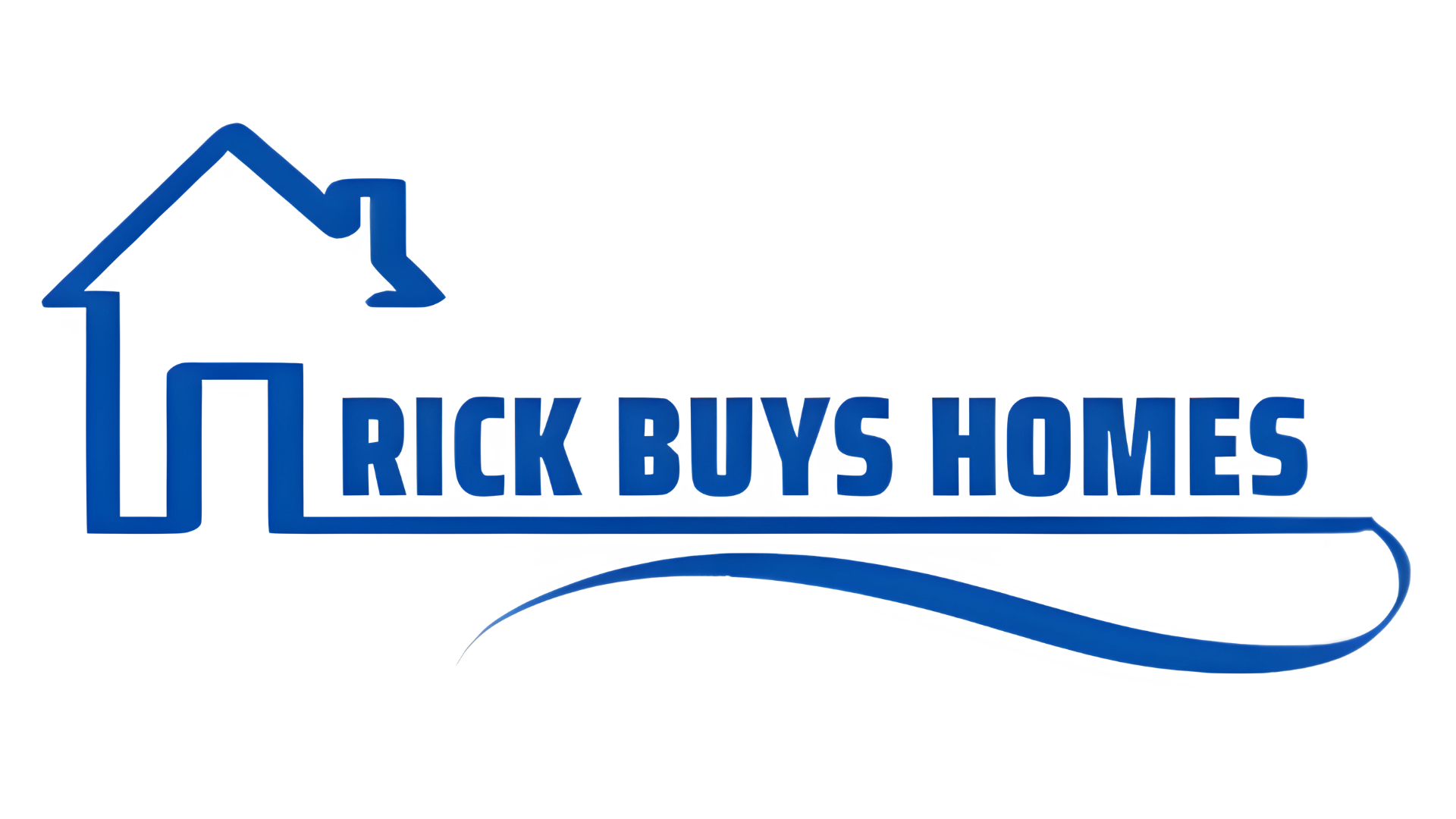
The rental market is undergoing a significant transformation, shaped by evolving consumer demands, technological advancements, and changes in housing needs. This evolution is not just about where we live but how we live, especially in the wake of global shifts that have redefined work, leisure, and community spaces. As we look toward the future, several key trends and innovations are poised to redefine the rental landscape, offering new opportunities for renters and investors alike.
The Rise of Smart Homes and Automation
In today’s rental market, smart home technology has transitioned from a luxury amenity to an essential expectation among tenants. The integration of automated features like lighting, thermostats, and security systems, all accessible through smartphones, not only enhances the convenience and efficiency of living spaces but also aligns with modern lifestyles. This paradigm shift extends beyond individual units to encompass entire buildings, where the deployment of IoT (Internet of Things) devices enables optimization of energy consumption, cost reduction, and enhanced tenant safety.
Landlords and property managers are increasingly cognizant of the competitive edge that investments in smart technology afford their properties. Beyond merely meeting tenant demands, integrating such features elevates a property’s appeal and intrinsic value. Furthermore, the data-driven insights provided by smart systems empower property stakeholders to make informed decisions regarding maintenance, resource allocation, and overall operational efficiency.
The Expansion of Co-Living Spaces
The concept of co-living, characterized by individuals sharing living spaces while maintaining private bedrooms, is rapidly gaining prominence as a pragmatic response to the challenges of urban housing affordability and social isolation. These innovative arrangements typically encompass a comprehensive package that includes utilities, cleaning services, and curated community events, all bundled into the rental agreement. This holistic approach to housing holds particular appeal for the millennial and Gen Z demographics, who prioritize convenience, affordability, and social connectivity.
Beyond the immediate financial benefits, co-living spaces serve as catalysts for fostering vibrant communities within urban environments. By facilitating shared experiences and interactions, these spaces mitigate the sense of loneliness often associated with modern city living. Moreover, they provide a supportive environment for individuals transitioning to new cities or seeking to expand their social networks, offering a ready-made community of like-minded peers.
From a broader perspective, the rise of co-living reflects a shift in societal attitudes toward shared living arrangements and the recognition of the value they bring. These spaces not only address practical housing needs but also contribute to the fabric of urban life by promoting social cohesion and collaboration. As such, they represent a compelling alternative to traditional housing models, poised to play an increasingly significant role in shaping the future of urban living.
Green Buildings and Sustainability
In today’s rental landscape, environmental sustainability has emerged as a paramount concern, particularly among younger generations who exhibit a heightened awareness of and commitment to eco-conscious living. This demographic segment, often referred to as eco-conscious consumers, demonstrates a willingness to invest in premium eco-friendly living options that align with their values. Consequently, the demand for green buildings, characterized by their utilization of renewable energy sources, sustainable materials, and water-saving fixtures, has witnessed a notable surge.
The appeal of green buildings extends beyond their ecological benefits; they also contribute to the well-being of occupants. By prioritizing elements such as improved air quality and natural lighting, these sustainable structures create healthier indoor environments, thereby enhancing the overall quality of life for residents. Moreover, the incorporation of eco-friendly features not only reduces the carbon footprint associated with traditional housing but also helps mitigate long-term operational costs, making them financially prudent investments in the eyes of both tenants and property owners.
This growing emphasis on environmental sustainability within the rental market has prompted developers to embrace green building standards as a cornerstone of their projects. Certifications such as LEED (Leadership in Energy and Environmental Design) serve as benchmarks for sustainability excellence, guiding developers in the implementation of environmentally responsible practices throughout the design, construction, and operation phases of a building’s lifecycle. By aligning with these rigorous standards, developers not only meet the evolving expectations of environmentally conscious renters but also position their properties as desirable and forward-thinking investments in the competitive real estate market.
The Flexibility of Short-Term Rentals
The proliferation of platforms such as Airbnb has underscored the resilience and viability of the short-term rental market, propelled by the dynamic forces of the gig economy and an increasing inclination towards flexible living arrangements. This phenomenon, once confined to the realm of vacation rentals, is now permeating the mainstream rental market, as landlords adapt to meet the evolving needs and preferences of tenants.
The growing acceptance of short-term leases reflects a broader societal shift towards embracing transient lifestyles and prioritizing flexibility over long-term commitments. Landlords, recognizing the demand for adaptable housing solutions, are increasingly inclined to offer short-term rental options alongside traditional lease agreements. This strategic response not only caters to the needs of modern tenants but also positions rental properties as versatile and responsive to fluctuating market dynamics.
Moreover, the emergence of a distinct cohort of “rental-by-choice” consumers further underscores the significance of short-term leases in today’s rental landscape. These individuals, motivated by factors such as mobility, financial flexibility, and a desire to avoid the responsibilities associated with homeownership, actively seek out rental accommodations that afford them the freedom to move and explore without being tied down by long-term commitments.
In this context, short-term leases emerge as a pivotal competitive advantage for landlords and property managers seeking to differentiate their offerings in a crowded market. By providing flexible lease terms that align with the preferences of transient tenants, property owners can attract a diverse range of renters and maintain high occupancy rates. Furthermore, short-term leases offer landlords the opportunity to adapt to changing market conditions and maximize rental income through dynamic pricing strategies.
Technology-Driven Rental Processes
Technological advancements are revolutionizing the rental process, ushering in an era of efficiency and accessibility for both tenants and property managers alike. Online platforms have emerged as powerful tools, facilitating seamless interactions and expediting key aspects of the rental journey. Through features such as virtual tours, online applications, and digital lease signings, prospective tenants can now explore properties and complete necessary paperwork from the comfort of their own homes, significantly reducing the need for in-person visits and streamlining the rental process.
Furthermore, the integration of artificial intelligence (AI) and machine learning algorithms has introduced unprecedented levels of personalization and efficiency to the rental market. These advanced technologies analyze vast datasets, including renter preferences and historical data, to match individuals with properties that best align with their unique needs and preferences. By leveraging predictive analytics, property managers can optimize their marketing efforts and enhance the likelihood of successful tenant placements, thereby maximizing occupancy rates and minimizing vacancies.
From the perspective of property managers, these technological innovations represent invaluable tools for optimizing property management workflows and enhancing tenant satisfaction. Through centralized platforms and communication channels, property managers can efficiently oversee property maintenance, respond to tenant inquiries, and facilitate lease renewals, all while fostering transparent and proactive communication with tenants. This seamless integration of technology not only streamlines administrative tasks but also empowers property managers to deliver a superior rental experience, ultimately driving tenant retention and bolstering property value.
Affordable Housing Initiatives
As housing affordability emerges as a pressing concern in many regions, both governmental entities and private developers are proactively exploring innovative strategies to address the shortage of affordable rental units. Among these solutions, modular housing stands out as a promising avenue, offering a swift and cost-effective approach to increasing housing stock. By leveraging prefabricated components and standardized construction processes, modular housing can be rapidly deployed, providing a scalable solution to meet the growing demand for affordable rental accommodations.
In addition to modular housing, inclusive zoning policies have gained traction as a means to promote socioeconomic diversity within urban landscapes. These policies mandate that a percentage of new developments be allocated for affordable housing units, thereby fostering mixed-income communities and ensuring that housing remains accessible to individuals across various income brackets. By embedding affordability requirements directly into zoning regulations, policymakers aim to create more equitable and inclusive urban environments, where residents of all socioeconomic backgrounds have access to safe and affordable housing options.
Furthermore, the emergence of public-private partnerships has emerged as a viable mechanism for financing and developing affordable housing projects. By leveraging the strengths of both sectors, these collaborative initiatives combine public funding and resources with private sector expertise and innovation to address the complex challenges associated with affordable housing development. Through strategic partnerships, governments can harness additional funding sources, streamline project delivery, and leverage private sector efficiencies to maximize the impact of affordable housing investments, ultimately benefiting low-income renters and communities at large.
Conclusion
The future of rentals is bright, marked by innovations that promise to improve the quality of life for renters while offering new avenues for real estate investment and development. From the integration of smart home technology and the embrace of co-living spaces to the prioritization of sustainability and the streamlining of rental processes, these trends reflect a deeper understanding of modern renters’ desires and needs. As the rental market continues to evolve, staying ahead of these trends will be crucial for anyone involved in the housing industry, from developers and investors to renters looking for their next home.

About Rick Hodge
Transitioning from the coal industry and weld inspection to the realm of real estate, Rick has established ‘Rick Buys Homes’ with a mission to render homeownership attainable through rent-to-own arrangements. His dedication lies in assisting families in realizing the American Dream. Feel free to connect with him here.

